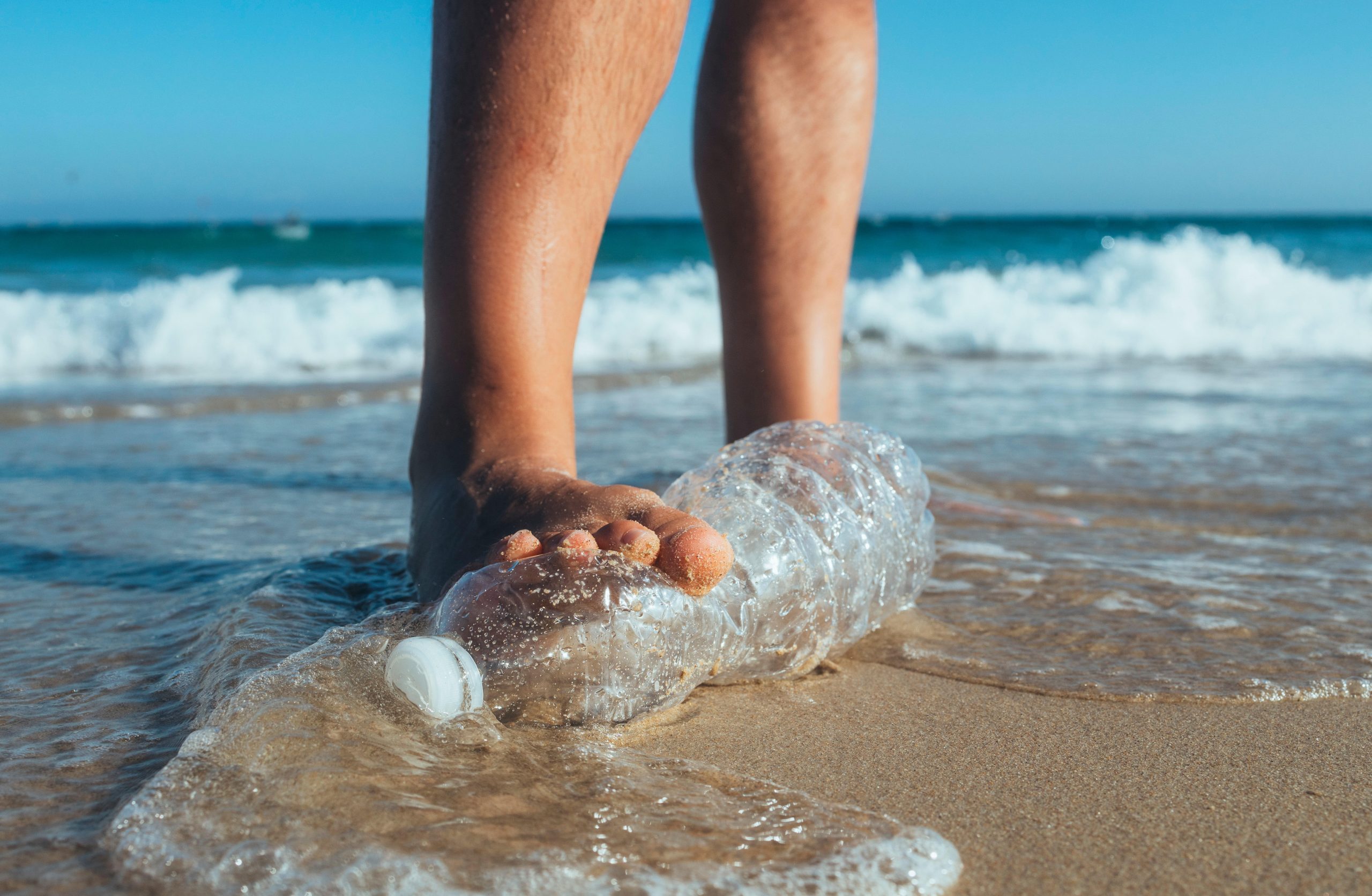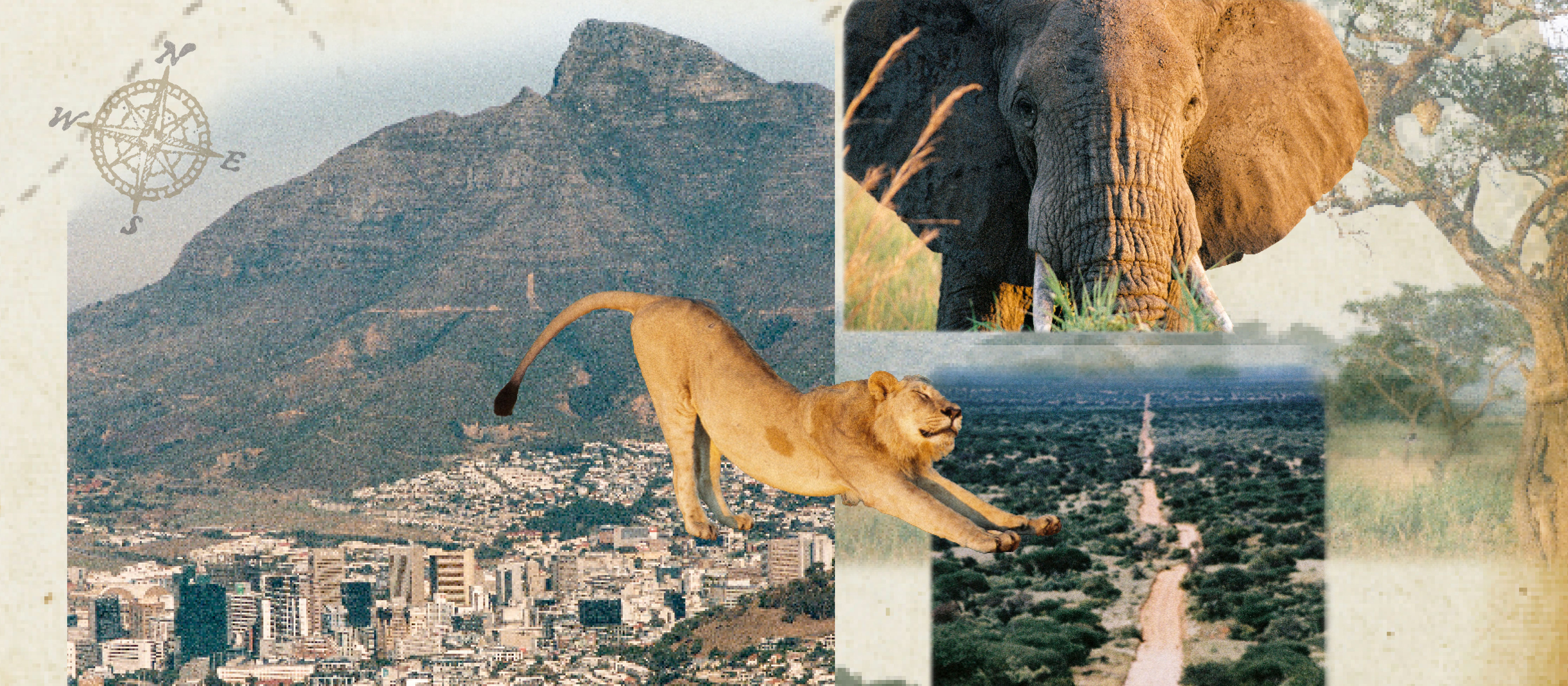Jason Goodwin: 'We have enough stuff to last us for a generation. We are at Peak Gubbins. What we do not use and re-use gets plastered across beaches in the South China Seas'
As we head into February, Jason Goodwin looks back at the now-seemingly-distant Christmas festivities — and some deeply disturbing back-of-a-napkin calculations.

In my new all-season swimming regimen, I like to take the plunge when someone else is on the beach, walking their dog or soaking up the winter sun.
This is partly for safety, but mainly in hope of receiving their congratulations when I emerge from the sea resplendent like a giant prawn.
When I told the woman sitting on the rocks about the Christmas turkeys, she told me about the family who bins the remains of their supper. ‘They’ll have their Sunday lunch,’ said the woman on the beach, ‘then throw away anything that hasn’t been eaten.’
‘But isn’t that,’ I cried, towelling furiously, ‘where the fun begins? The stocks? The sandwiches? Cold roast potatoes for a midnight snack?’
‘Not for them,’ she said firmly. ‘It all goes into the bin.’ We shook our heads in wonderment, but, in the end, we agreed that binning cooked food is not on a par with the turkeys.
I met a woman last year who so disapproves of the Chinese government and the use of slave labour that she will not knowingly buy anything made in China. She will stand tapping her foot in Peter Jones as sales assistants pore over the manuals, investigating vacuum cleaners and hard drives, and, when they find one made in Germany or Japan, she buys it.
She might as well not buy anything new at all. We have enough stuff to last us for a generation. We are at Peak Gubbins. What we do not use and re-use gets plastered across beaches in the South China Seas or buried in giant holes. Such is the mindless throb of production that containers are loaded and sent out from Chinese ports without a fixed destination: they are bought and sold when the ship is at sea. It is a leaky hose, dripping electronics or cuddly toys wherever anyone thinks there is still a faint hope of squeezing them into the market.
Sign up for the Country Life Newsletter
Exquisite houses, the beauty of Nature, and how to get the most from your life, straight to your inbox.
Our current suppliers of sanitary ware and lawnmowers, our source of trailers or pig housing, are the good people who sell off their unwanted junk on Facebook Marketplace. One man’s poison is, after all, another man’s meat. Which brings me to the turkeys.
Before Christmas, one of the boys went into Covid isolation and we postponed the celebration until he could come home. On Christmas Eve, the rest of the younger set, dressed like ninjas, went to a supermarket in town to peer into the bins at the back. An hour later, they returned like Christmas gnomes, with two huge plastic sacks slung over their shoulders.
Triumphantly, they spread out their haul: eight loaves of bread, wrapped; six bunches of spring onions, loose; a neck of lamb, packaged; four free-range turkeys, bagged; and a turkey crown. It was a very small supermarket.
We were in the odd position of trying to finish up the turkey before Christmas, rather than after it. We had kung po turkey, twice, and ham-and-turkey raised pie and soups and risotto; only the bird we ate on our Christmas Day was the one we’d ordered from the farm shop, long before.
The children’s friends went bargain hunting on Boxing Day. In the bins of a rather larger supermarket, they discovered a fearsome turkey catafalque. Solemnly, they counted 41 fresh and semi-frozen birds. When I mentioned this to my friend on the beach, we made the subsequent calculation: if that single supermarket served a population of 10,000 people, then on the night of the 24th, across the kingdom this Christmas, a quarter of a million turkeys were reared, killed, plucked, packaged, shipped — and thrown away.
-
 Vertigo at Victoria Falls, a sunset surrounded by lions and swimming in the Nile: A journey from Cape Town to Cairo
Vertigo at Victoria Falls, a sunset surrounded by lions and swimming in the Nile: A journey from Cape Town to CairoWhy do we travel and who inspires us to do so? Chris Wallace went in search of answers on his own epic journey the length of Africa.
By Christopher Wallace
-
 A gorgeous Scottish cottage with contemporary interiors on the bonny banks of the River Tay
A gorgeous Scottish cottage with contemporary interiors on the bonny banks of the River TayCarnliath on the edge of Strathtay is a delightful family home set in sensational scenery.
By James Fisher